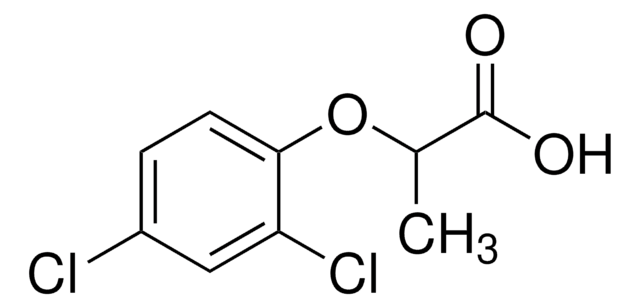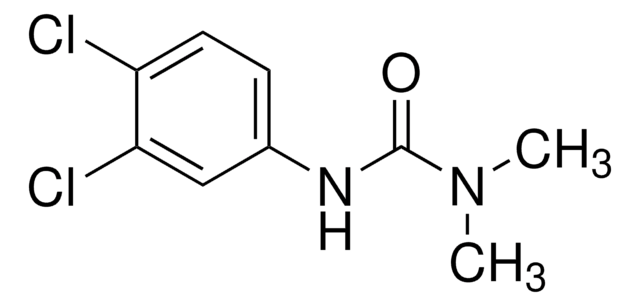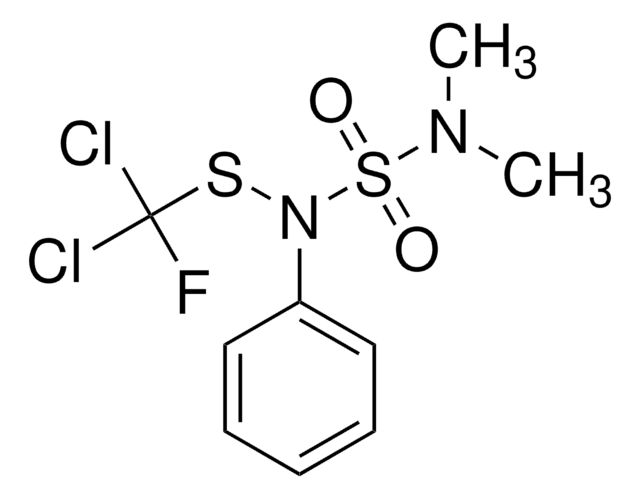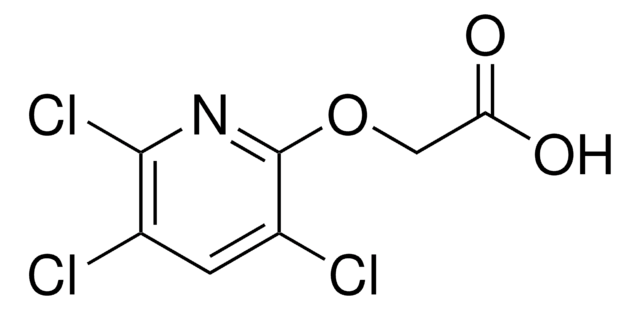45555
4-Chloro-2-methylphenoxyacetic acid
PESTANAL®, analytical standard
Sinónimos:
4-Chloro-2-methylphenoxyacetic acid, 4-Chloro-o-tolyloxyacetic acid, MCPA
About This Item
Productos recomendados
grade
analytical standard
Quality Level
product line
PESTANAL®
shelf life
limited shelf life, expiry date on the label
technique(s)
HPLC: suitable
gas chromatography (GC): suitable
mp
114-118 °C (lit.)
application(s)
agriculture
environmental
format
neat
SMILES string
Cc1cc(Cl)ccc1OCC(O)=O
InChI
1S/C9H9ClO3/c1-6-4-7(10)2-3-8(6)13-5-9(11)12/h2-4H,5H2,1H3,(H,11,12)
InChI key
WHKUVVPPKQRRBV-UHFFFAOYSA-N
¿Está buscando productos similares? Visita Guía de comparación de productos
Application
Recommended products
Legal Information
signalword
Danger
hcodes
Hazard Classifications
Acute Tox. 4 Oral - Aquatic Acute 1 - Aquatic Chronic 1 - Eye Dam. 1 - Skin Irrit. 2
Storage Class
11 - Combustible Solids
wgk_germany
WGK 2
ppe
dust mask type N95 (US), Eyeshields, Gloves
Elija entre una de las versiones más recientes:
¿Ya tiene este producto?
Encuentre la documentación para los productos que ha comprado recientemente en la Biblioteca de documentos.
Los clientes también vieron
Nuestro equipo de científicos tiene experiencia en todas las áreas de investigación: Ciencias de la vida, Ciencia de los materiales, Síntesis química, Cromatografía, Analítica y muchas otras.
Póngase en contacto con el Servicio técnico
















